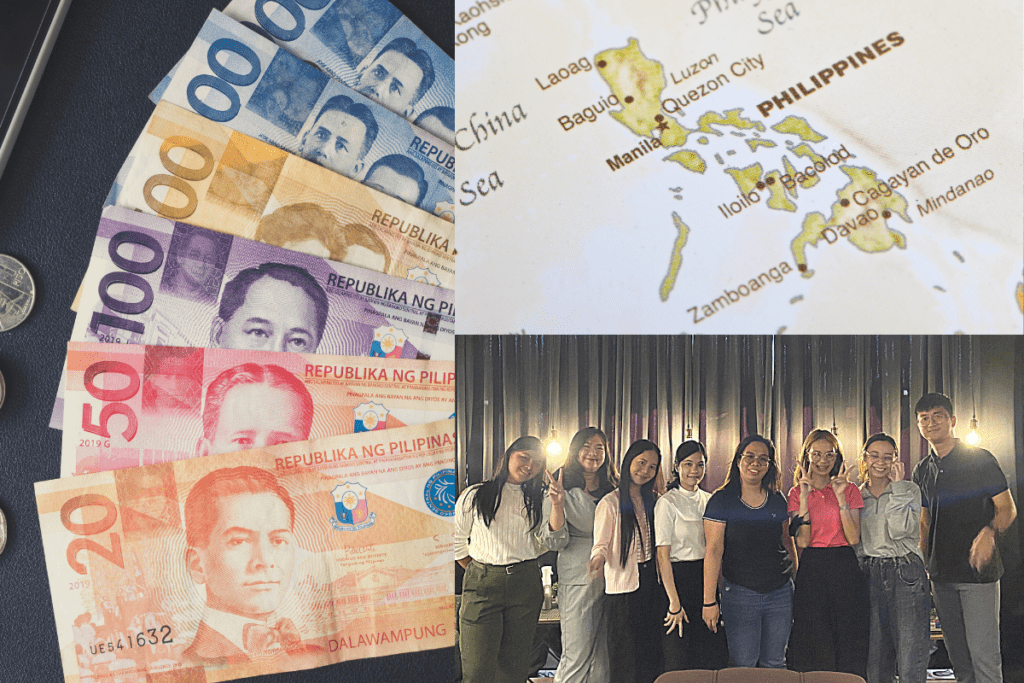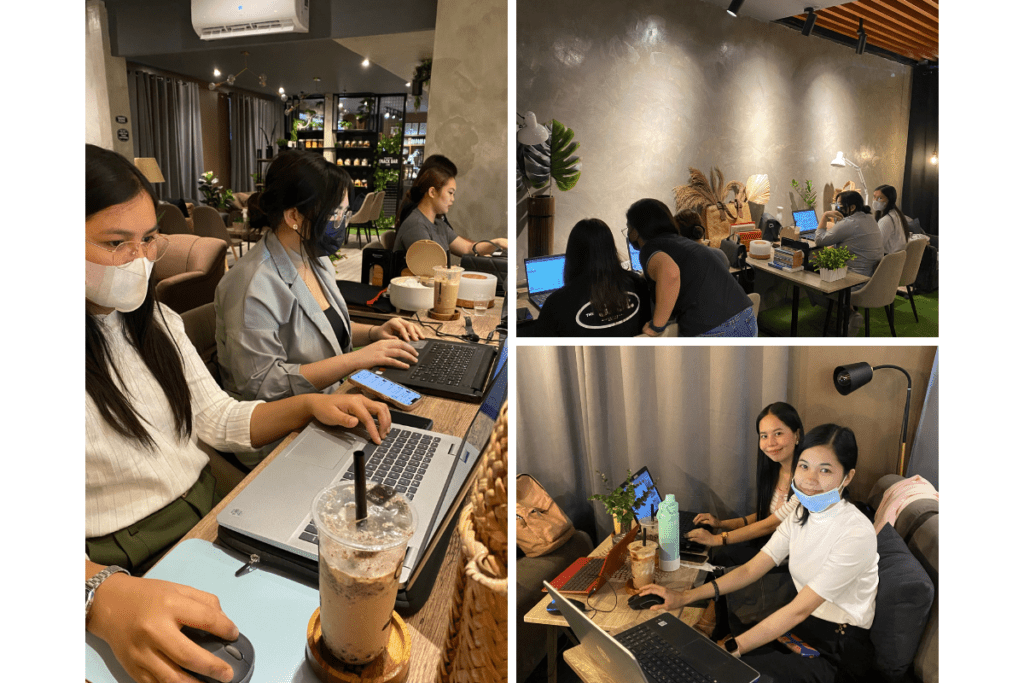
Embracing the Tides of Change: The Remote Work Paradigm Shift

As the COVID-19 pandemic swept across the globe, it forced companies to adapt to a new way of working: remote work. With employees logging in from their homes, the boundaries of traditional workplaces dissolved, ushering in a new era of flexibility and global collaboration. Singaporean businesses were no exception, with many recognizing the potential of offshoring in the wake of this remote work revolution. This article explores how the pandemic has accelerated offshoring for Singapore companies and how the new normal of working from home is shaping the workplace landscape.
Overcoming Skepticism: The Pandemic’s Role in Changing Singapore Employers’ Attitudes

Before the pandemic, many Singapore employers were skeptical about the effectiveness of remote work, often citing concerns about productivity and communication. However, as COVID-19 forced companies to adopt remote work arrangements, they quickly realized the numerous benefits, such as reduced overheads, increased flexibility, and access to a larger talent pool[1]. This shift in mindset opened the doors to offshoring, as business owners began to explore the possibilities of tapping into global talent.
Discovering New Horizons: The Growing Popularity of Offshoring for Singapore Companies

As Singapore companies warmed to the idea of remote work, offshoring emerged as an increasingly attractive option. With the potential for significant cost savings and access to a broader talent pool, Singapore businesses turned to countries like the Philippines, renowned for its skilled workforce and strong English proficiency[2]. By leveraging offshore talent, Singapore companies were able to remain competitive and agile in a rapidly changing global economy.
Reimagining Workspaces: The New Normal and Its Impact on Singapore’s Workplace

The widespread adoption of remote work has led to a reevaluation of traditional office spaces in Singapore. Many companies have transitioned from rigid office setups to hybrid models, combining remote work with in-office arrangements. This shift has reduced the demand for office real estate and encouraged the adoption of digital collaboration tools to facilitate seamless communication and productivity[3].
Creating Connections: The Impact of Remote Work on Company Culture and Employee Well-being

The remote work revolution has placed a spotlight on the importance of fostering company culture and employee well-being. As companies navigate the challenges of maintaining employee engagement and mental health in a remote setting, they have had to find innovative ways to ensure a sense of belonging and camaraderie. This has led to a shift in management and leadership styles, with an increased focus on empathy, flexibility, and adaptability.
Seizing Opportunities: Navigating the Tides of Remote Work Challenges and Opportunities

Amidst the myriad advantages remote work and offshoring present, companies must tackle hurdles like cultural variances and communication barricades. Safeguarding data confidentiality and security holds immense significance in a remote work environment[4]. To flourish, businesses should funnel resources into employee upskilling and digital infrastructure, while nurturing a culture that embraces ongoing growth and learning.
Shaping the Future: Gearing Up for the Post-Pandemic Epoch

As we inch closer to a post-pandemic world, adopting remote work and offshoring will prove vital for Singaporean businesses to stay ahead of the curve. By investing in digital infrastructure and employee development, businesses can reap the long-term benefits of remote work and offshoring, such as heightened efficiency, cost reductions, and unparalleled access to global talent.
Leaving a Lasting Legacy: The Remote Work Revolution and Offshoring Opportunities

The remote work revolution has opened the doors to endless offshoring opportunities for Singapore companies. By taking advantage of these prospects, businesses can build robust teams that can tackle challenges and adapt to the evolving global landscape. The pandemic has served as a catalyst for change, propelling companies to explore new territories and invest in their workforce to create a lasting legacy.
Unearthing Hidden Gems: The Potential of Offshore Filipino Talent

Despite the challenges that come with offshoring, the Philippines has proven to be a fertile ground for uncovering exceptional talent. With the right training and guidance, Filipino employees can rise to take on managerial roles, further bolstering the growth and success of Singaporean companies. This highlights the importance of recognizing the potential of offshore talent and nurturing them to achieve their full potential.
The Remote Work Revolution as a Catalyst for Growth

The COVID-19 pandemic has not only accelerated the remote work revolution but has also paved the way for Singapore companies to embrace offshoring. By understanding the challenges and opportunities that come with remote work, and by investing in employee development and digital infrastructure, Singapore businesses can leverage offshoring as a powerful tool for growth and success in a post-pandemic world.
“Unlock your offshore talent pool with Kaizenaire!”
“Don’t let labor shortages and talent acquisition challenges hold your SME back. Connect with skilled professionals from the Philippines through Kaizenaire and enjoy up to 70% in cost savings compared to hiring locally. From telemarketers to digital marketers, we offer a wide range of talent to meet your business needs. Plus, with our comprehensive approach that includes training, and ongoing support, you can seamlessly integrate your remote workforce and achieve long-term success. Sign up today and unlock the potential of offshore talent!”
References
[1] Bapat, S. (2020). The Benefits of Remote Work for Employees and Businesses. Forbes. Retrieved from https://www.forbes.com/sites/forbeshumanresourcescouncil/2020/11/19/the-benefits-of-remote-work-for-employees-and-businesses
[2] Santos, M. (2020). Why the Philippines Is the Best Offshoring Destination. Outsource Accelerator. Retrieved from https://www.outsourceaccelerator.com/articles/why-the-philippines-is-the-best-offshoring-destination
[3] Chua, G. (2021). Singapore’s office market in the age of remote work. The Business Times. Retrieved from https://www.businesstimes.com.sg/real-estate/singapores-office-market-in-the-age-of-remote-work
[4] Bort, J. (2020). The biggest cybersecurity challenges and how to overcome them when your workforce goes remote. Business Insider. Retrieved from https://www.businessinsider.com/cybersecurity-challenges-remote-workforce-solutions-2020-4




















